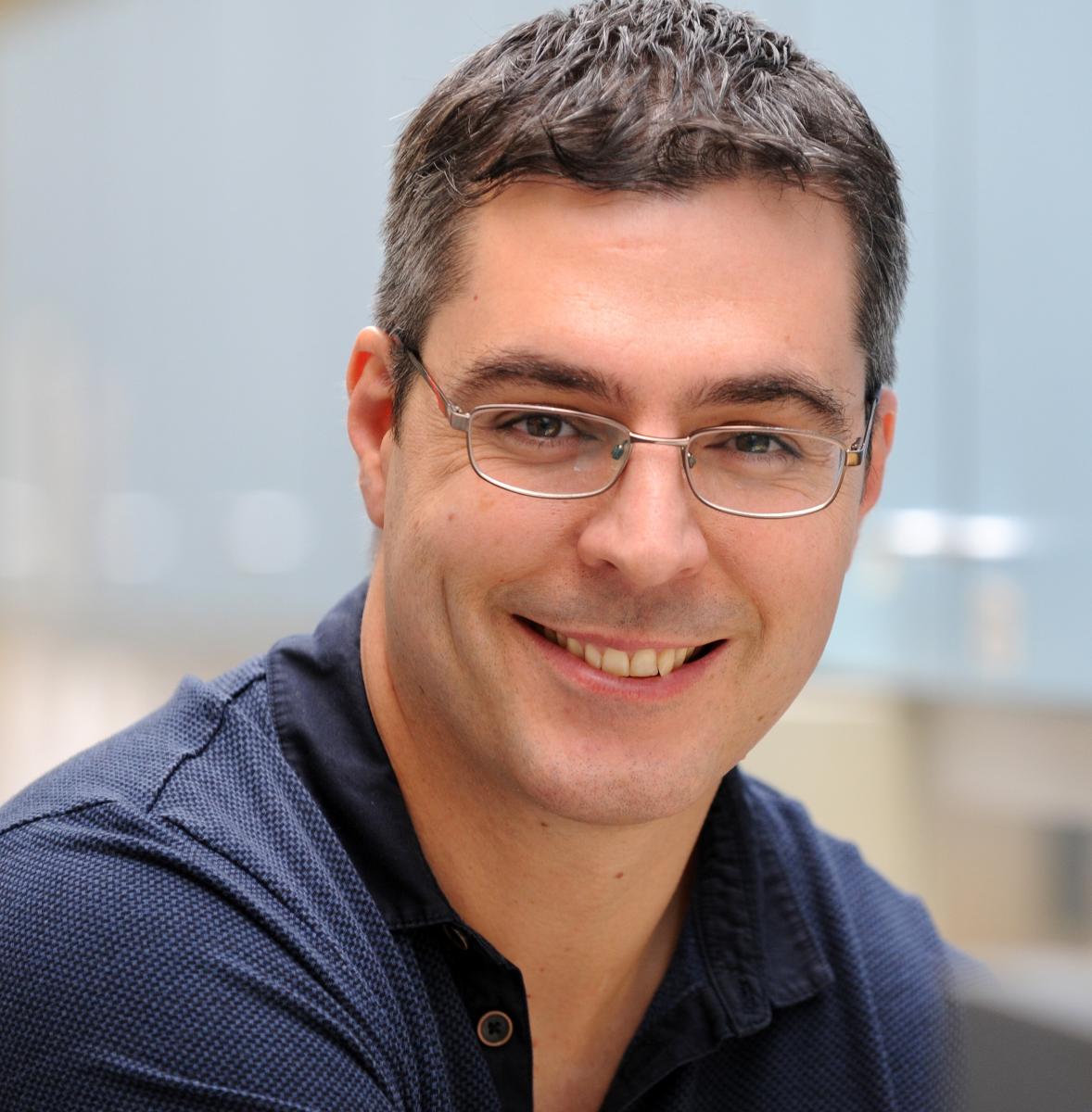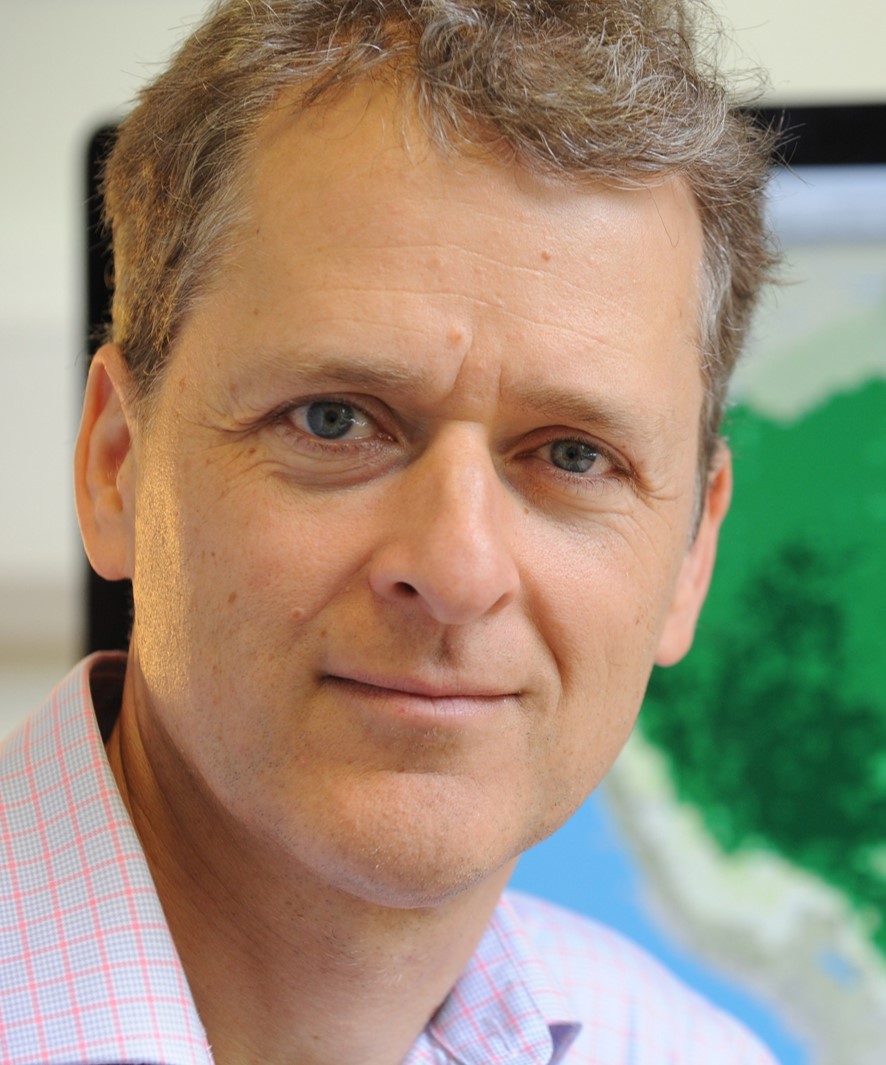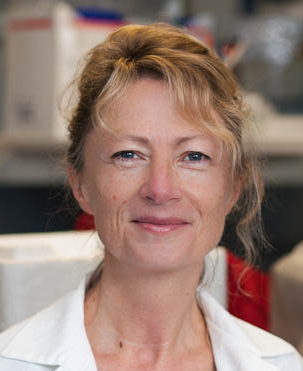Dr Alistair McCormick 
alistair.mccormick@ed.ac.uk
http://mccormick.bio.ed.ac.uk
My group uses a combination of biochemical and physiological approaches to study the fascinating world of photosynthetic organisms, with particular focus on higher plants and micro-algae. Our broad aim is to gain a better understanding of photosynthetic carbon capture and primary metabolism, and how these processes are co-ordinated with growth demands.
|
Professor Matt Williams 
mat.williams@ed.ac.uk
http://www.geos.ed.ac.uk/homes/mwilliam
My research is on quantifying and understanding the terrestrial carbon cycle and its links to global change. I study the interactions of plant and soil processes across environmental and biodiversity gradients from the tropics to the Arctic, and from managed to natural systems. I use process based modelling and data assimilation methods to extract information from detailed ecosystem measurements on feedback processes between soil, vegetation and the atmosphere, over timescales from days to years. Linking to remote sensing data, I use models to upscale process information to investigate landscape processes. I focus particularly on issues relating to sustainable agriculture, the drought sensitivity of forests, the role of disturbance on forest biomass, and the sensitivity of Arctic ecosystems to warming. Turning scientific outputs into impact around land use is a current focal interest.
|
|

Dr Sotirios Tsaftaris
s.tsaftaris@ed.ac.uk
http://tsaftaris.com
My research interests are machine learning, computer vision, image analysis and processing, distributed computing for big data. Along with medical applications, plant phenotyping is a key application domain where I have made significant contributions in affordable phenotyping, open software suites for trait extraction. To encourage more scientists to engage in this interesting interdisciplinary area, I organise workshops (e.g. CVPPP), plan special issues (e.g. ,MVA), release and curate open datasets and act as steering member in working groups (e.g. the Imaging for Phenotyping of the International Plant Phenotyping Network).
|





